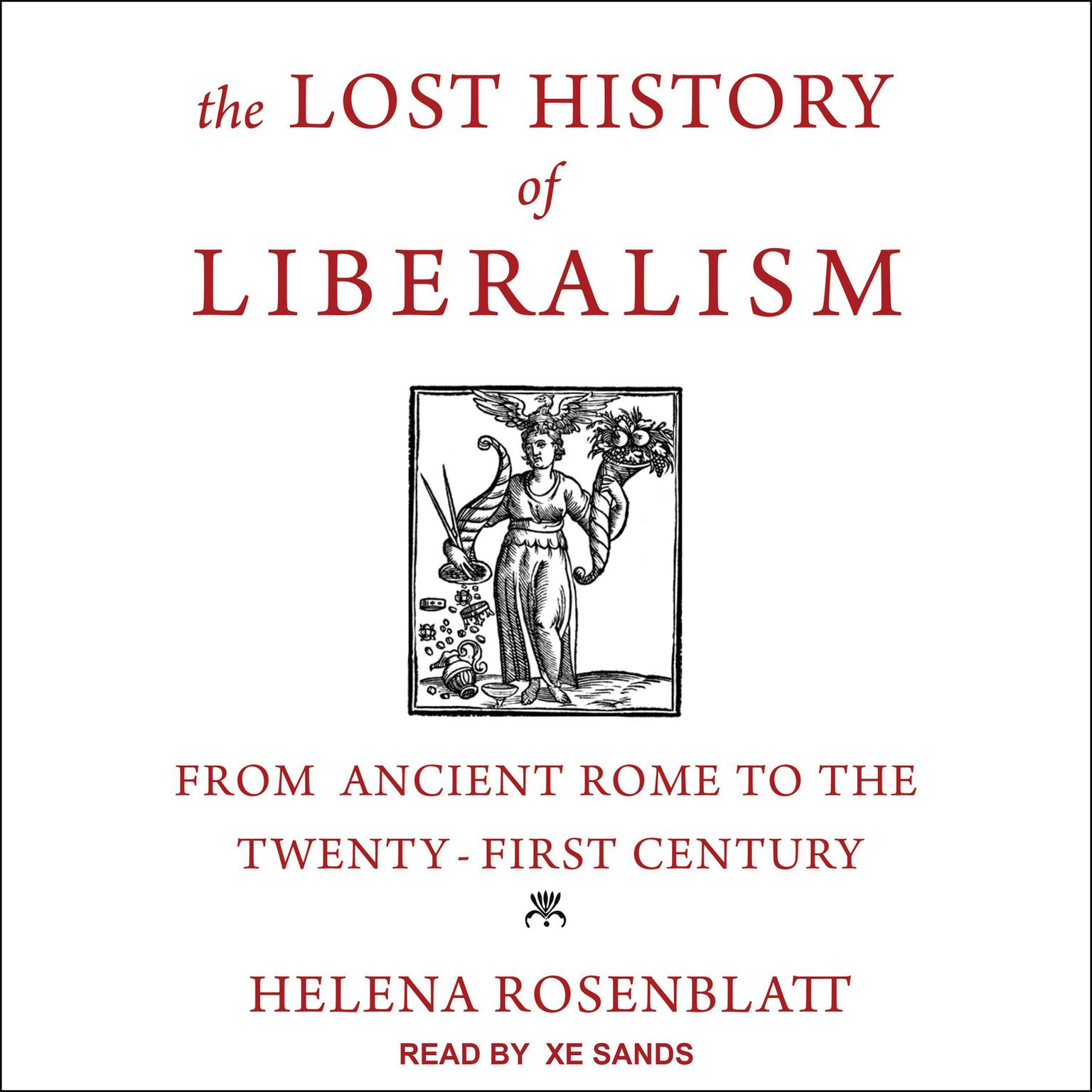You are here
The Lost History of Liberalism: From Ancient Rome to the Twenty-First Century (2018) [audiobook+ebook]
Primary tabs
| Size | Seeds | Peers | Completed |
|---|---|---|---|
| 135.98 MiB | 0 | 0 | 114 |
 .
.
From goodreads.com:
The changing face of the liberal creed from the ancient world to today
The Lost History of Liberalism challenges our most basic assumptions about a political creed that has become a rallying cry--and a term of derision--in today's increasingly divided public square. Taking readers from ancient Rome to today, Helena Rosenblatt traces the evolution of the words "liberal" and "liberalism," revealing the heated debates that have taken place over their meaning.
In this timely and provocative book, Rosenblatt debunks the popular myth of liberalism as a uniquely Anglo-American tradition centered on individual rights. She shows that it was the French Revolution that gave birth to liberalism and Germans who transformed it. Only in the mid-twentieth century did the concept become widely known in the United States--and then, as now, its meaning was hotly debated. Liberals were originally moralists at heart. They believed in the power of religion to reform society, emphasized the sanctity of the family, and never spoke of rights without speaking of duties. It was only during the Cold War and America's growing world hegemony that liberalism was refashioned into an American ideology focused so strongly on individual freedoms.
Today, we still can't seem to agree on liberalism's meaning. In the United States, a "liberal" is someone who advocates big government, while in France, big government is contrary to "liberalism." Political debates become befuddled because of semantic and conceptual confusion. The Lost History of Liberalism sets the record straight on a core tenet of today's political conversation and lays the foundations for a more constructive discussion about the future of liberal democracy.
From foreignaffairs.com:
Although liberalism dominates Western politics, there is little agreement over what "liberalism" means. For some, it is the Lockean idea of individual rights and limited government; for others, it is the doctrine of the modern welfare state. In this lively and penetrating book, Rosenblatt offers an intellectual history of the term, from its roots in Roman notions of civic duty and public morality down to its modern use. She shows how the idea was "Christianized, democratized, socialized, and politicized" over the centuries. She also challenges the traditional narrative of liberalism as an Anglo-American project, placing greater emphasis on nineteenth-century French and German thinkers who tried to conjure up "liberal principles" of politics—the rule of law, civic equality, constitutionalism, and freedom of the press and religion—that could answer the radical forces unleashed by the French Revolution. It was only in the twentieth century, particularly during the Cold War, that liberalism became a uniquely American creed of individualism and political rights. Rosenblatt shows that liberalism has survived thanks to its appeal as a moral ideal, a vision of political community that is based not just on interests but also on values: respect, tolerance, and justice.
_____________________________________________
Another ConCen Exclusive® chapterized, size optimized and fully ID3 tagged, just for you!
- Log in to post comments
